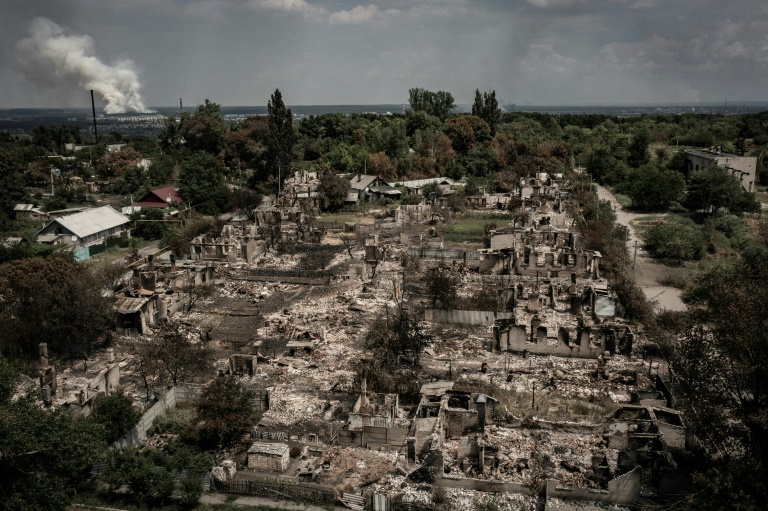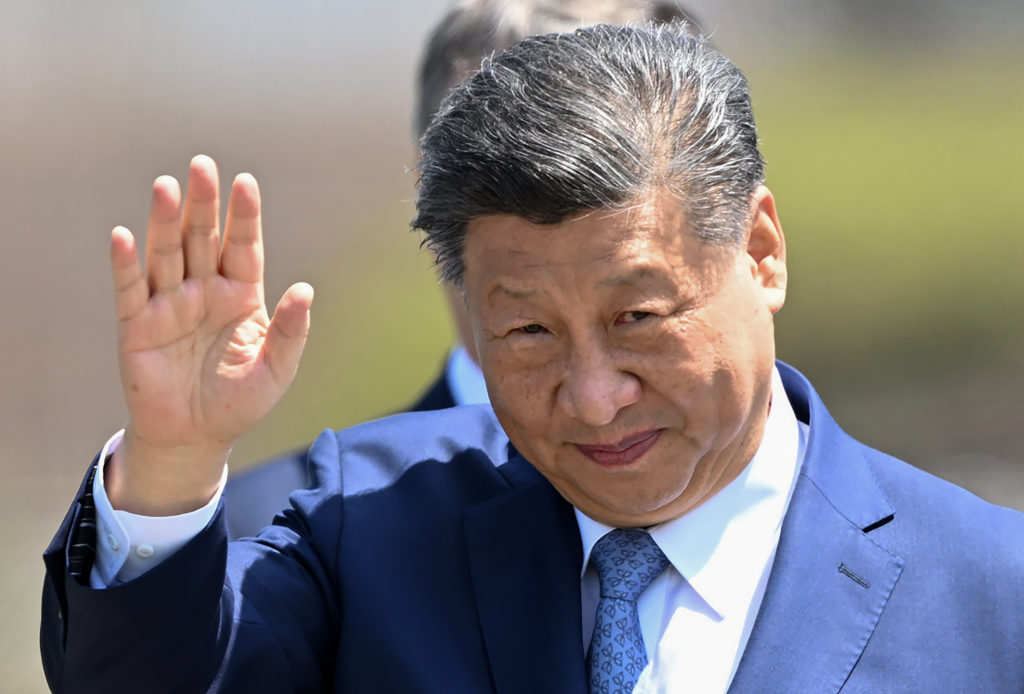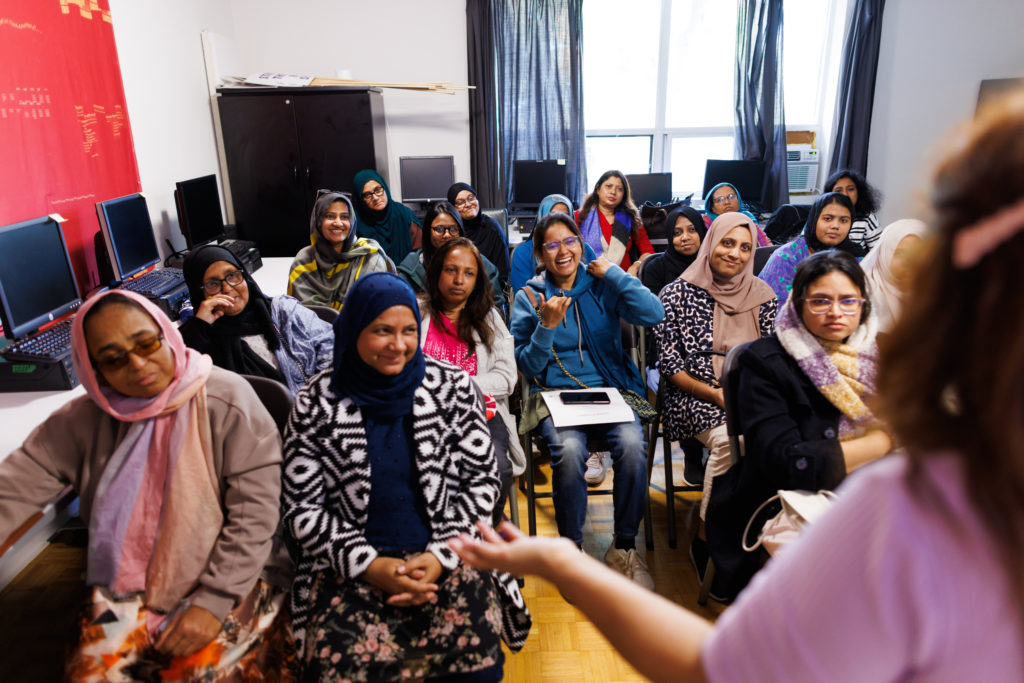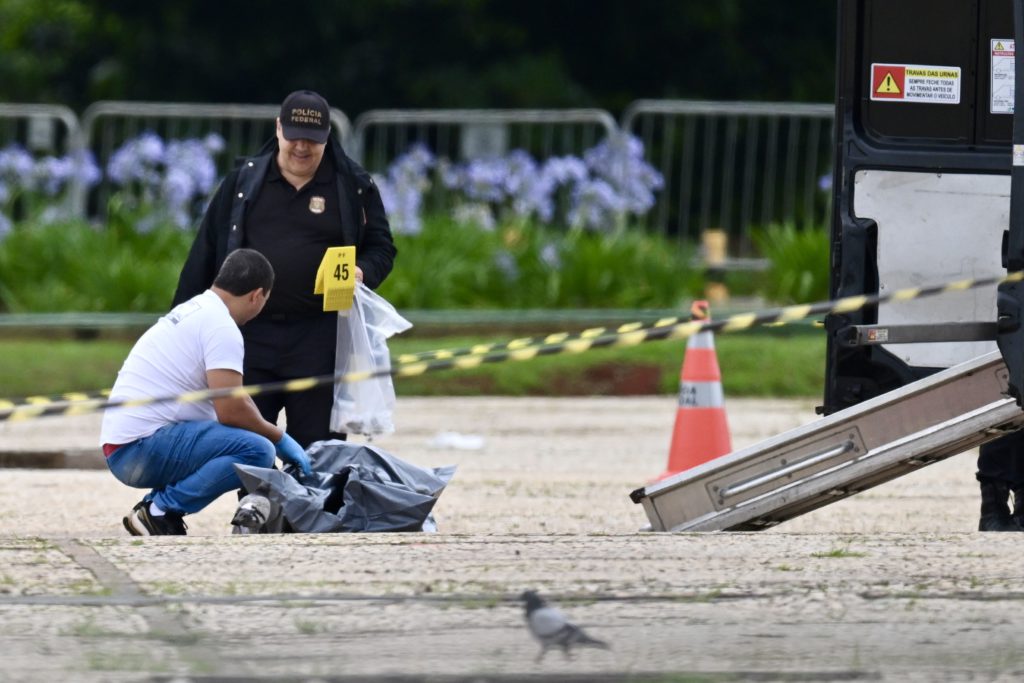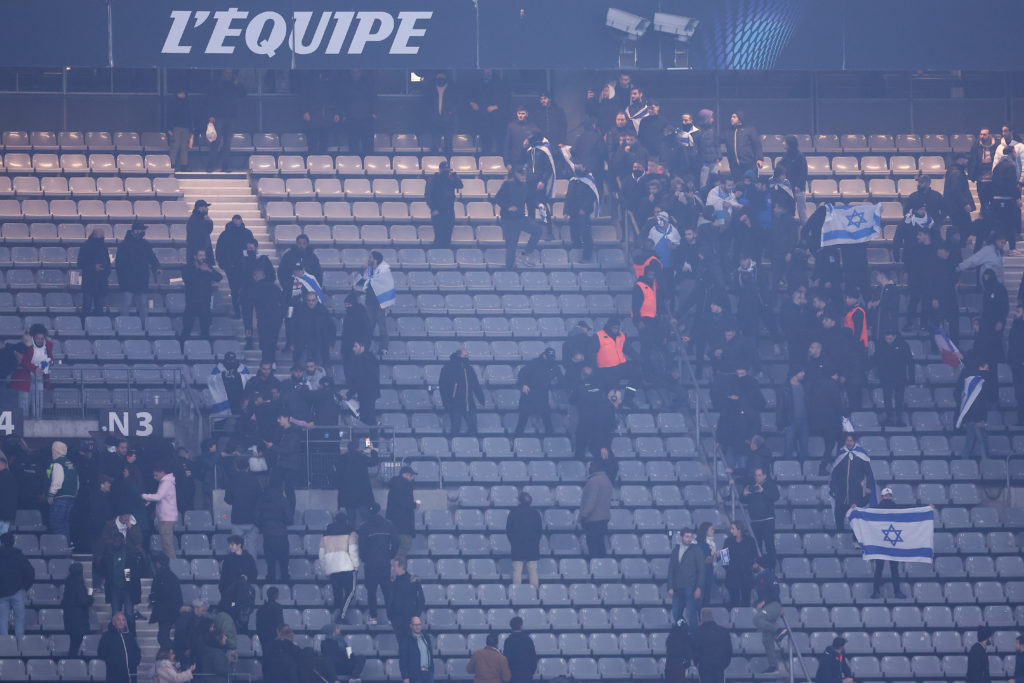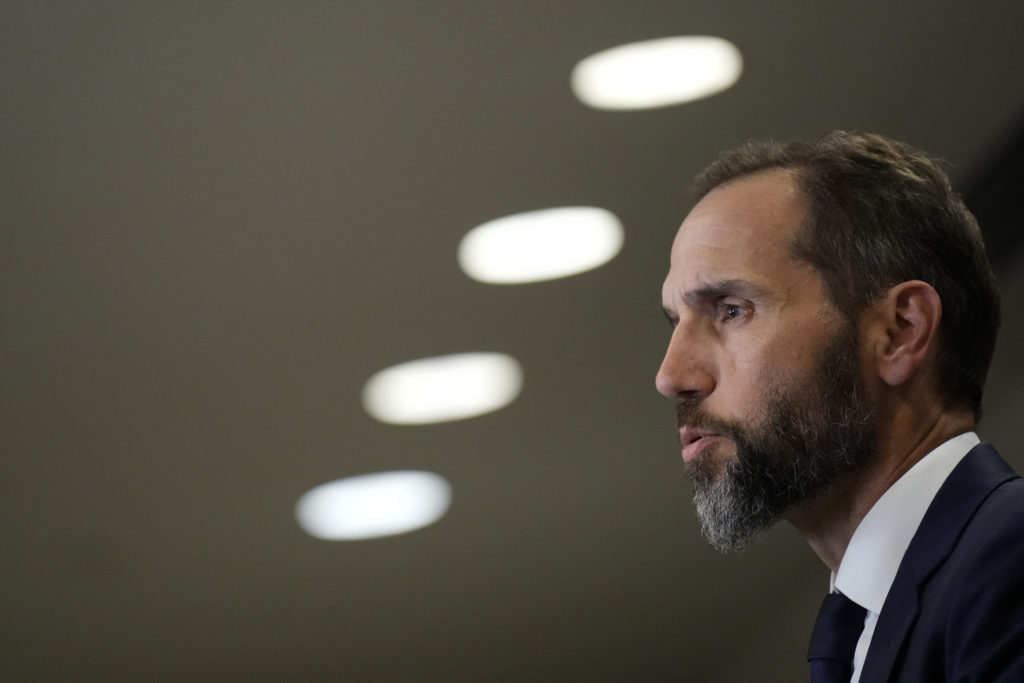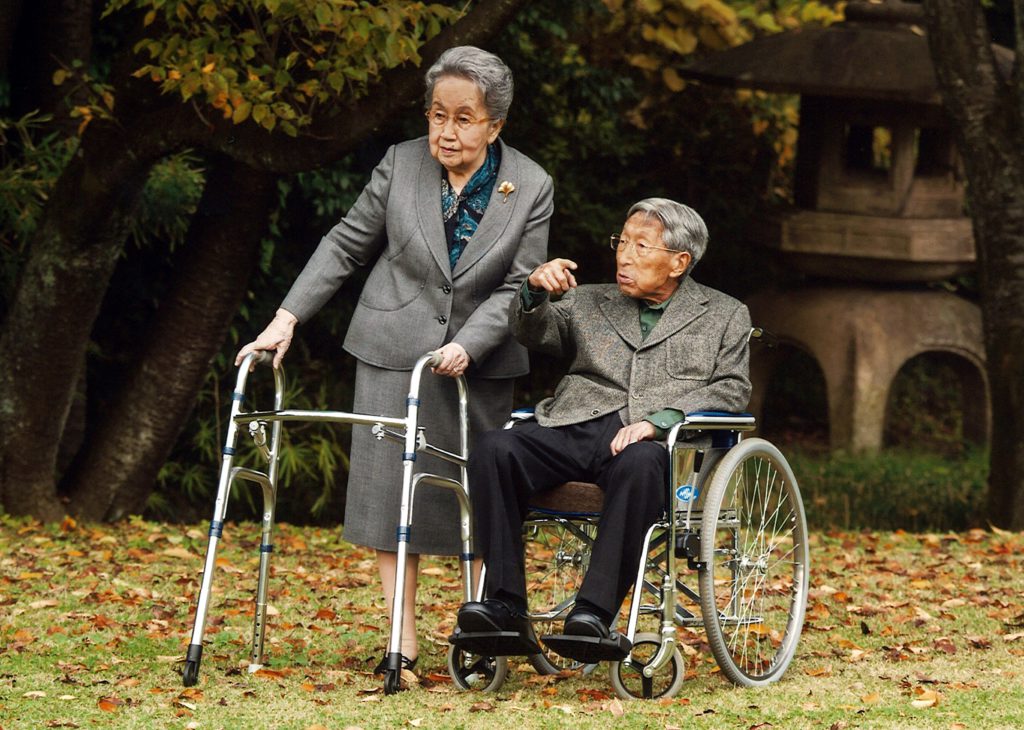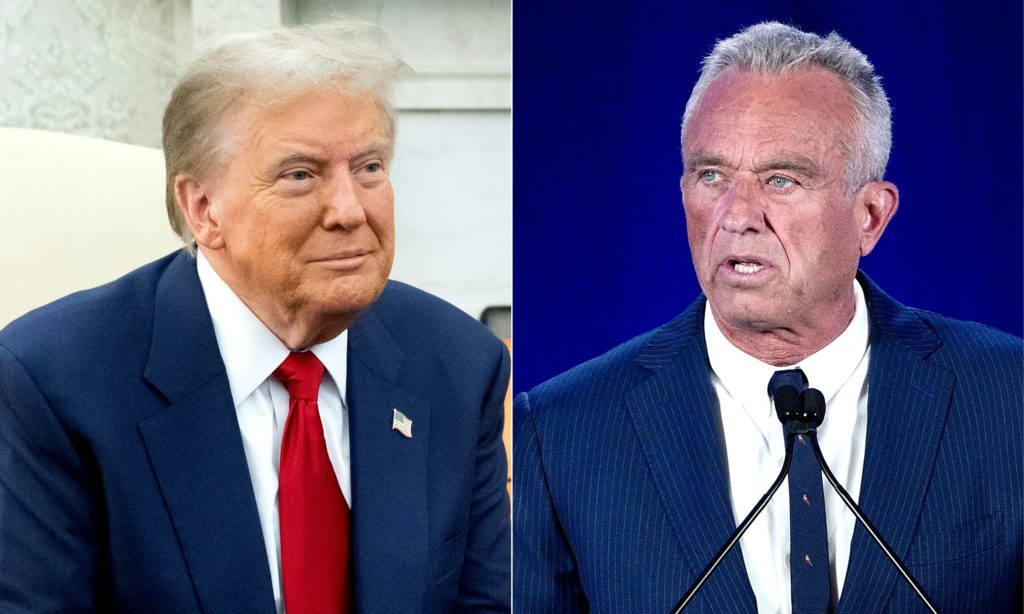Russia said Tuesday it would establish a humanitarian corridor to evacuate civilians from a chemical plant in Severodonetsk, as the two sides battled for control of the key city in Ukraine’s eastern Donbas region.
Russian forces have stepped up efforts to cut off the Ukrainian troops still in the industrial hub, destroying all three bridges which connect it across a river to Lysychansk.
Ukrainian President Volodymyr Zelensky meanwhile once again appealed for heavy weapons from the West, criticising the “restrained behaviour” of some European leaders.
Moscow has for weeks targeted the twin cities as the last areas in the Lugansk region of the Donbas still under Ukrainian control.
Communication with the city was “complicated” with the situation on the ground changing every hour, the head of Severodonetsk’s administration, Oleksandr Stryuk, told Ukrainian television.
Around 500 civilians were taking shelter under “heavy fire” in the Azot chemical plant in Severodonetsk, Stryuk said.
The Russian defence ministry said it was “ready to organise a humanitarian operation” on Wednesday to evacuate from the plant to the separatist-controlled part of the Lugansk region.
– ‘Surrender or die’ –
Regional governor Sergiy Gaiday said Monday Ukraine’s forces had been pushed back from Severodonetsk’s centre with the Russians controlling 70 to 80 percent of the city in their attempt to “encircle it”.
Capturing Severodonetsk would open the road to Sloviansk and another major city, Kramatorsk, in Moscow’s push to conquer Donbas, a mainly Russian-speaking region partly held by pro-Kremlin separatists since 2014.
Zelensky, in comments to Danish journalists Tuesday, insisted that the war could only end once Ukrainians were the only ones left on its territory.
How long that took depended “very much” on international support, and “the personalities of the leaders of European states”.
He regretted what he called, “the restrained behaviour of some leaders” which, he said, had “slowed down arms supplies very much”.
Zelensky has repeatedly urged the West to deliver heavy weapons to Ukraine as quickly as possible.
– ‘Not safe anywhere’ –
From an elevated position in Lysychansk, an AFP team saw black smoke rising from the Azot factory in Severodonetsk and another area in the city.
The Ukrainian military is using the high ground to exchange fire with Russian forces fighting for control of Severodonetsk, just across the water.
Along the road from Lysychansk to Kramatorsk, Ukrainian forces were transporting more weapons systems to the front, including an M777 howitzer, while specialist vehicles were carrying tanks to be repaired.
In the town of Novodruzhesk, close to Lysychansk, there was still a smell of burning and smoke from a group of houses that had been destroyed by fire from shelling at the weekend, with just chimneys left.
“It’s not safe anywhere, it just depends on the time of day, that’s all,” said a soldier standing at the local fire station with a skull logo on his sleeve.
“There are tons of people (still) here,” he added.
Further away in Sloviansk, Nataliya, 41, a now unemployed cleaner said she was trying to decide whether to evacuate.
“People will leave again if they start bombing the town heavily,” she told AFP.
“If it’s like Mariupol, they’ll give us buses. We’ll leave if the Russians enter Sloviansk.”
– ‘Positive signal’ –
The European Union needs to “give a positive signal” to Ukraine and be “open” to granting it candidate status, France’s Europe minister, Clement Beaune, said Tuesday.
Ukraine has applied to become a member of the bloc, with the European Commission due to give its recommendation in the coming days. But some member states are sceptical about potentially fast-tracking Ukraine’s accession.
The process would “take time”, Beaune said, adding that the first priority was to “stop the war”.
“Ukraine is fighting and defending our shared European values, it must at least be a candidate for EU,” President Zelensky said Tuesday.
Russian energy giant Gazprom said Tuesday it would reduce gas deliveries to the EU via the Nord Stream pipeline by 40 percent, due to the delayed return of compressor units from German company Siemens.
A number of European countries, including Germany, where the underwater pipeline makes land, are highly reliant on supplies of Russian gas for their energy needs.
The Kremlin meanwhile said it had not received a request from London to intervene in the case of two Britons sentenced to death by pro-Moscow separatist authorities in eastern Ukraine.
Aiden Aslin and Shaun Pinner, along with Moroccan Saaudun Brahim, were convicted of acting as mercenaries for Ukraine by the self-proclaimed Donetsk People’s Republic.
“Everything will depend on the appeal from London, and I am sure that the Russian side will be ready to consider it,” Kremlin spokesman Dmitry Peskov told reporters.
Russia also announced it was blacklisting 49 UK citizens, including defence officials and prominent journalists from the BBC, The Financial Times and The Guardian.
burs-sea/gw

